5 Things to Do in Little Tokyo, California
Never been before? We’ll be your trustee Little Tokyo guide with a day’s worth of fun things to do in Little Tokyo.
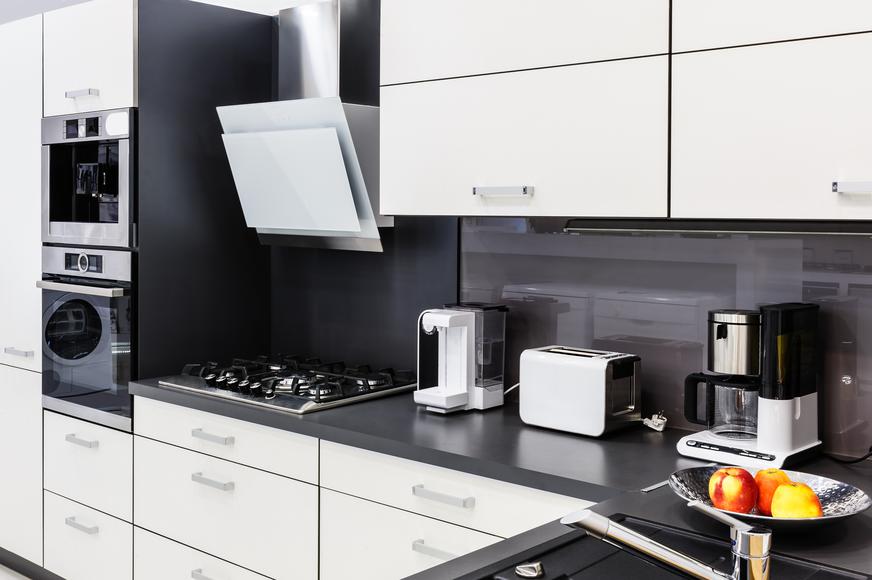
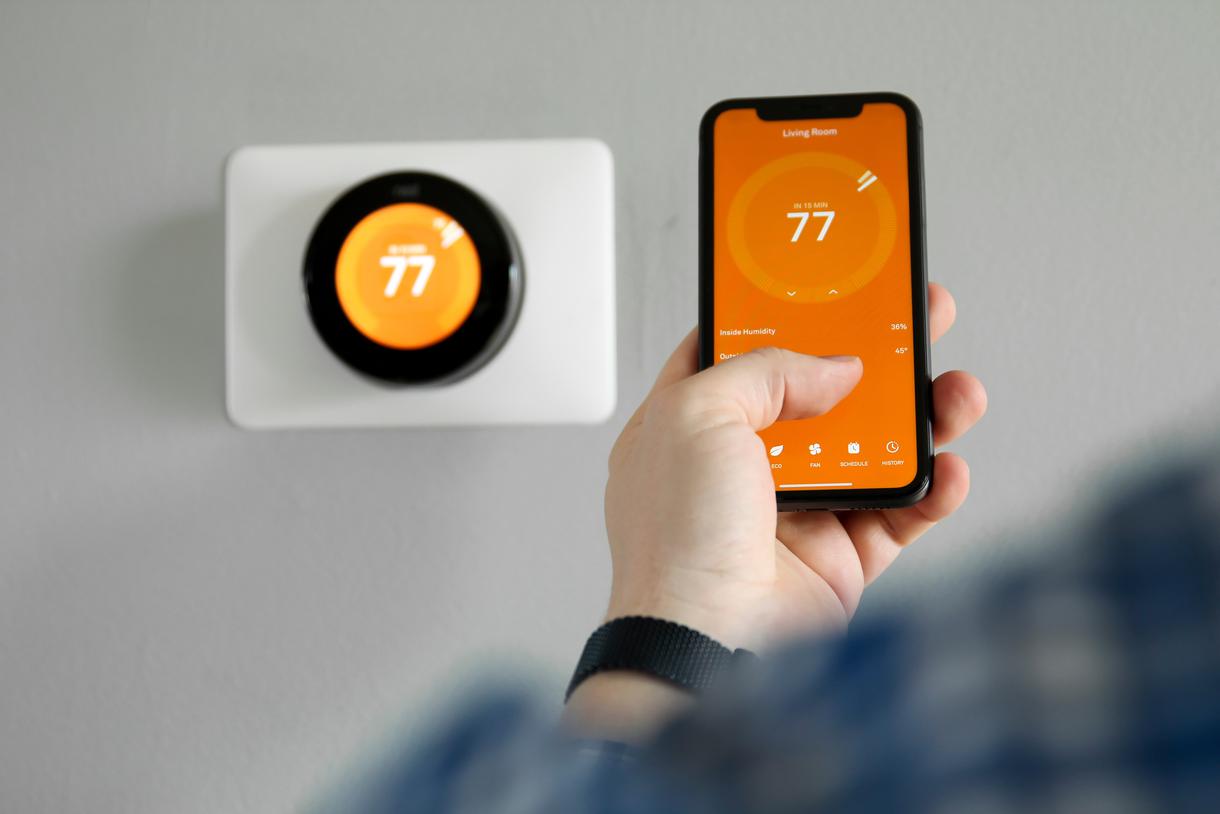
By far, the most energy-consuming appliance in your average home is the HVAC system. Air conditioners use a lot of energy to constantly maintain a selected temperature, and electric heaters use even more energy throughout the year, especially during a long winter. On average, your HVAC system accounts for 50% of your home’s energy usage. One way to reduce how much energy your HVAC consumes is to simply turn it off.
Using your HVAC system less often will reduce energy costs and help the Golden State go green. Improve your home’s thermal efficiency by sealing cracks where air can leak out and upgrading your home’s insulation. That way, your home will retain cool or warm air for longer, so the HVAC system doesn’t have to activate as often.
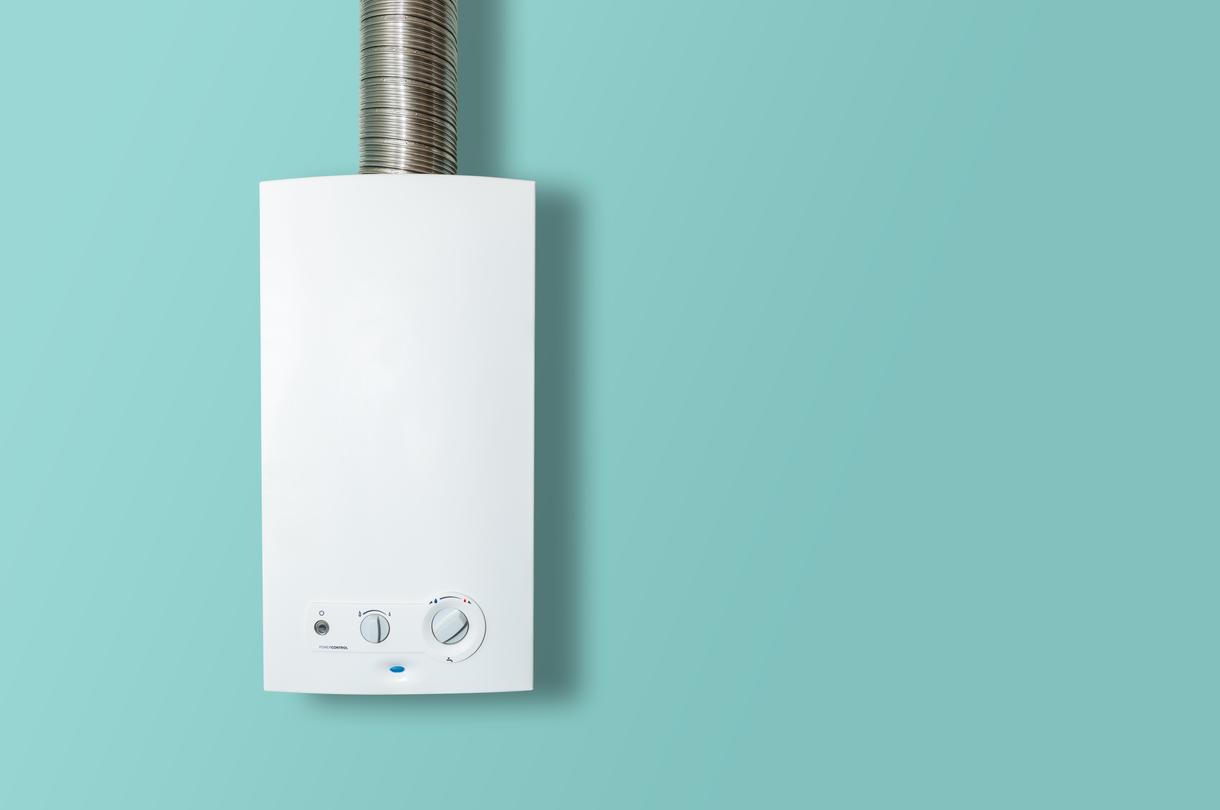
Electric water heaters are the next big energy-consuming appliance. This is particularly the case for standard storage water heaters most commonly found in the average home. Because these water heaters are a large tanks of water constantly being kept hot, they use a lot of electricity as part of their everyday operation. Combine this with the fact that you use the water heater daily for showers, washing dishes, and laundry, and it all adds up to a big energy drain.
Water heaters can account for up to 12% of your energy usage annually. As with HVAC systems, one way to avoid this energy drain is simply to use less hot water, although this can be difficult since it is essential for some everyday tasks. Instead, another thing you can do is switch out your old water heater for a more efficient energy-consuming appliance. One great eco-friendly home improvement, for instance, is to get a tankless water heater. These only heat water on demand and use less energy since they only turn on when needed.
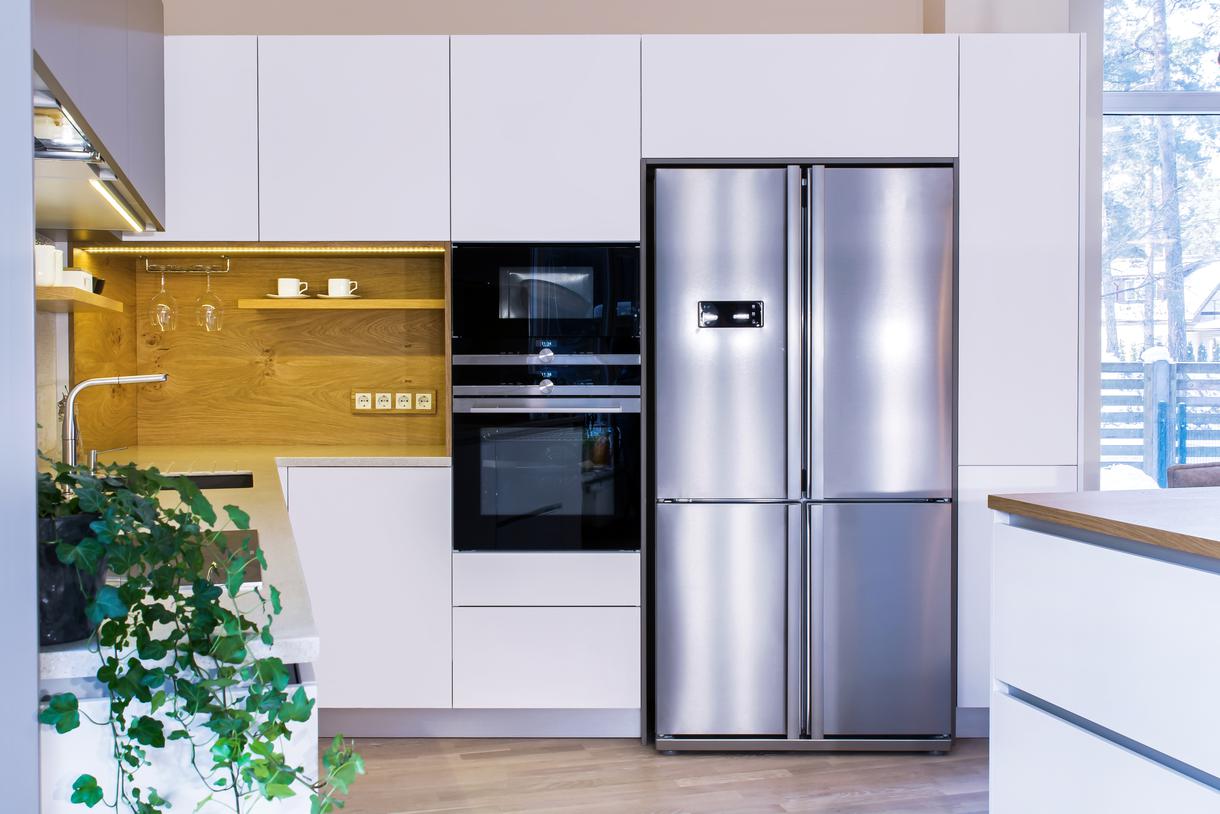
On an average day, your refrigerator isn’t going to use that much electricity per hour, especially if you’ve upgraded to a newer model. Where the energy consumption of a refrigerator becomes problematic is over the long term. Because a refrigerator is always on to keep your foodstuffs fresh, this drives your refrigerator consumption watts way up over time. The energy consumption of a refrigerator is about 8% of the total on average. Of course, you can’t turn off your refrigerator to save energy, so what’s the alternative?
The first thing you can do is upgrade your fridge to one with lower refrigerator consumption watts. Newer refrigerators are getting more efficient all the time, and you stand to save big on your energy bills by getting rid of an older refrigerator. If you do choose to upgrade your refrigerator, we recommend giving up your old fridge for appliance recycling.
Smart refrigerator habits can also help reduce the energy consumption of a refrigerator. Always close the door of your fridge promptly when you aren’t taking stuff out, and make sure the door seals properly so cold doesn't leak out. Keep your fridge full to reduce the amount of air that needs to be cooled, and ensure your refrigerator is placed far enough away from the wall so that it has space to breathe and keep cool.

Does your business rank among the best in California?
nominate a businessLearn more about our selection criteria and vetting process.
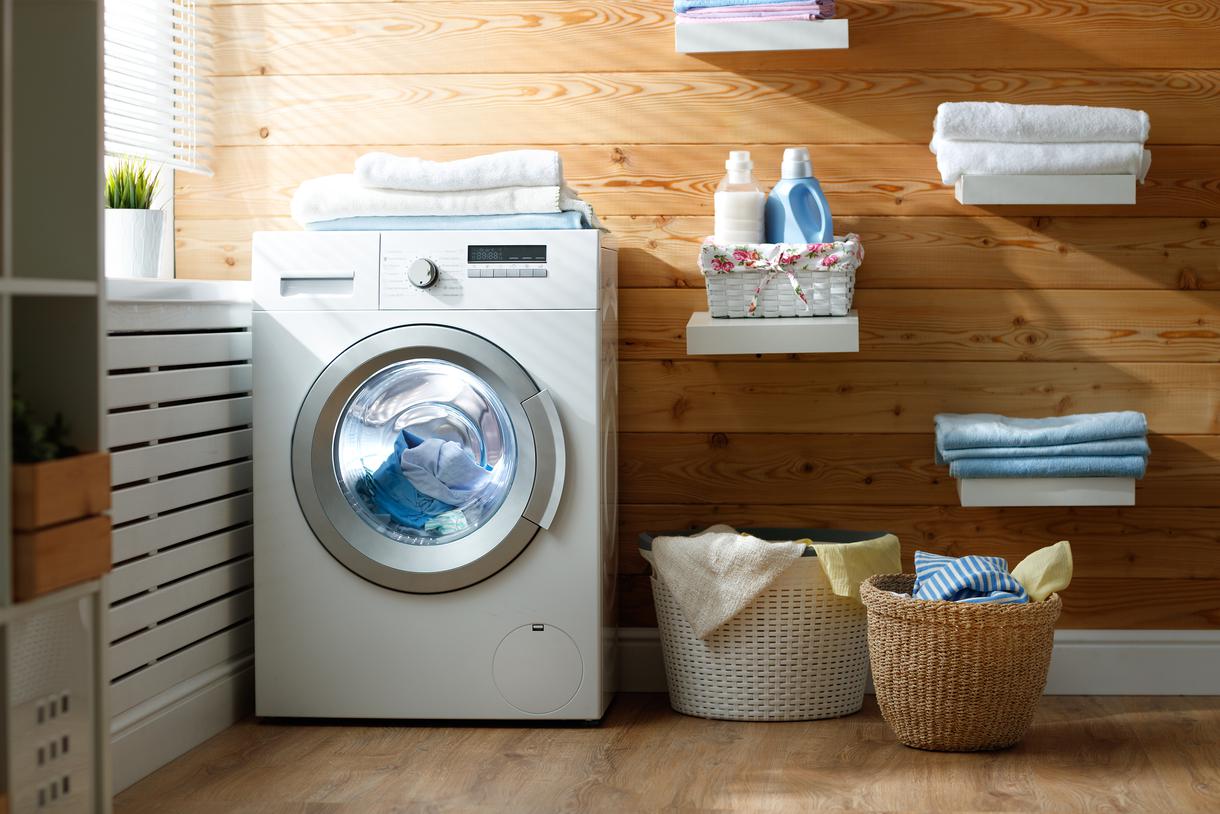
The AC energy consumption of your washer and dryer will depend on how often you use these two appliances. Of course, if you don’t have as much laundry, these energy-consuming appliances won’t be as much of a factor. That being said, washers and dryers use a lot of energy when running, and for the average household, that amounts to approximately 5% of annual energy usage. As with fridges, one way to immediately lower this energy draw is to upgrade to newer, less energy-consuming appliances. Consumer’s energy appliance recycling can help you dispose of your old white goods responsibly.
Smarter laundry habits will also help to reduce overall energy consumption. For instance, you can forgo using the dryer during the summer and air dry instead. In a place with great weather such as say, Sacramento, there’s no reason not to take advantage of the great weather and give your dryer a rest. For washing machines, it’s best to always wash full loads since your washer generally uses about the same amount of water regardless of load size. Some newer washers do come with a ‘small load’ setting, so we recommend using that efficiency mode when you don’t have a full load of laundry.
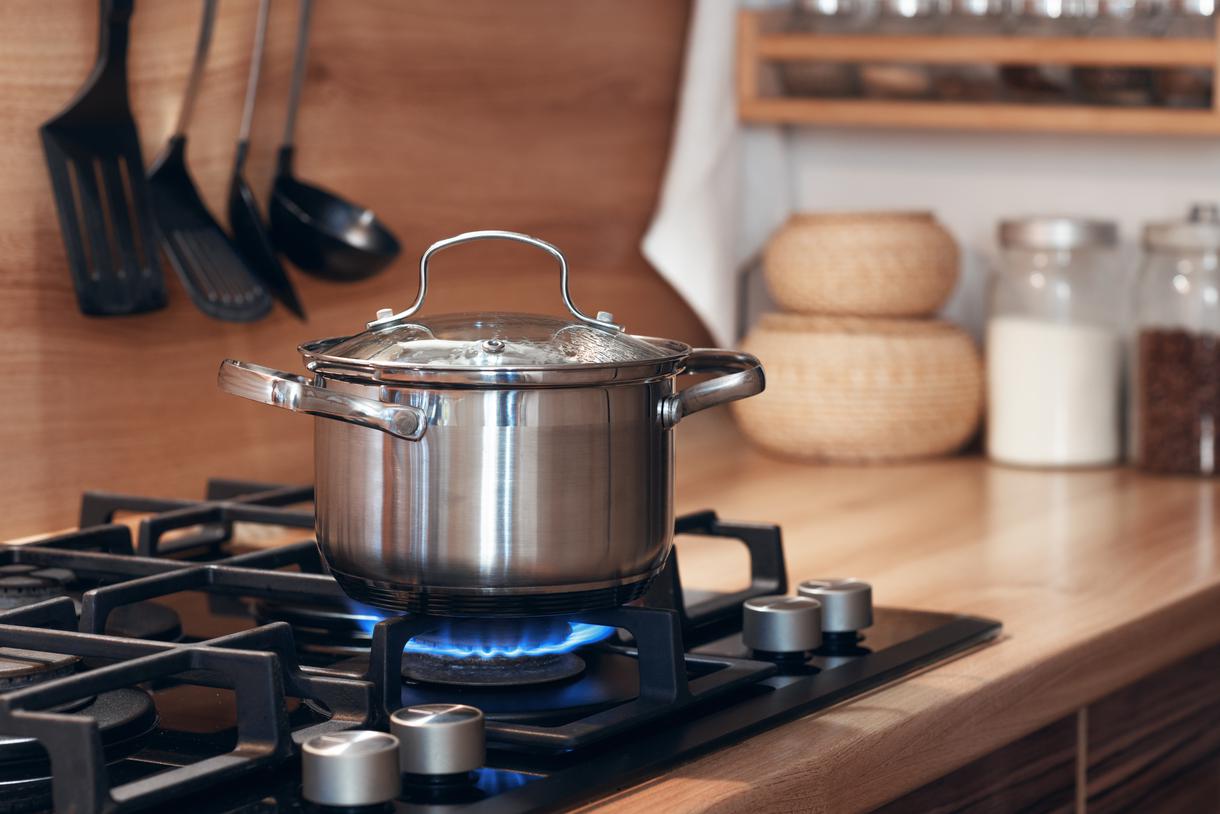
Electric ovens and stoves tend to be slow and use a significant amount of electricity. These energy-consuming appliances, on average, are responsible for up to 3% of your annual energy usage. One way to eliminate this energy-consuming appliance is to use a gas range instead. Retrofitting your home with a gas stove and oven can be an expensive procedure but it comes with major long-term benefits.
Natural gas is significantly more efficient when it comes to producing heat, and it's also much more affordable than electricity. If you’re a foodie who loves to cook, you should also know that natural gas cooks faster and more thoroughly, making it an even more appealing choice. Some say cooking on a gas range will make your food taste better, but we’ll let you judge that.
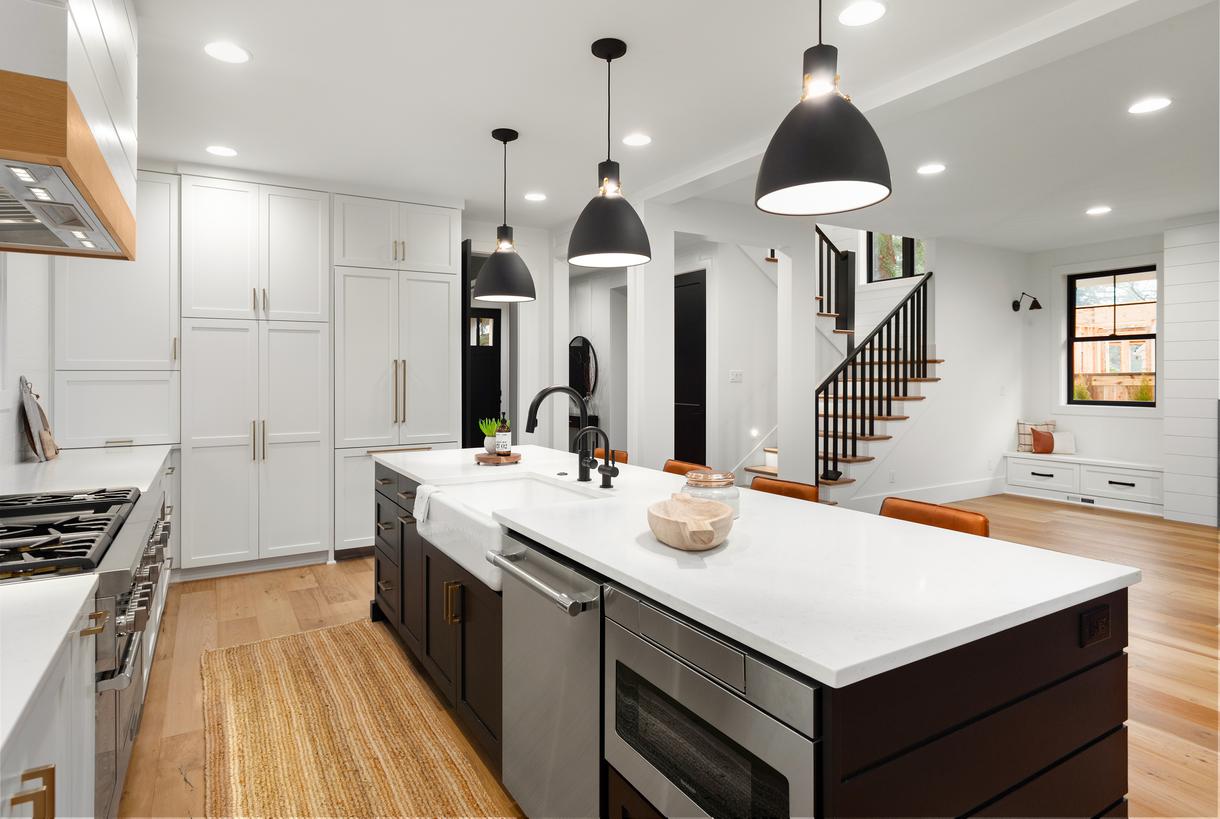
It might seem unlikely, but your lights can consume quite a lot of energy. Consider leaving your lights on all day, like leaving your tap on. Both are wasteful and should be avoided. Indeed, lighting makes up between 9-12% of the average energy usage of Californian households, so being conscientious about turning off lights can pay off in lower energy bills.
The good news is that lighting has also gotten a lot smarter and more efficient in recent years. In addition to LEDs being widely available in multiple styles and brightness levels, you can also retrofit your house with smart lights that turn on or off based on a schedule or even a motion sensor. This way, you can reduce energy usage even further by only lighting when needed.
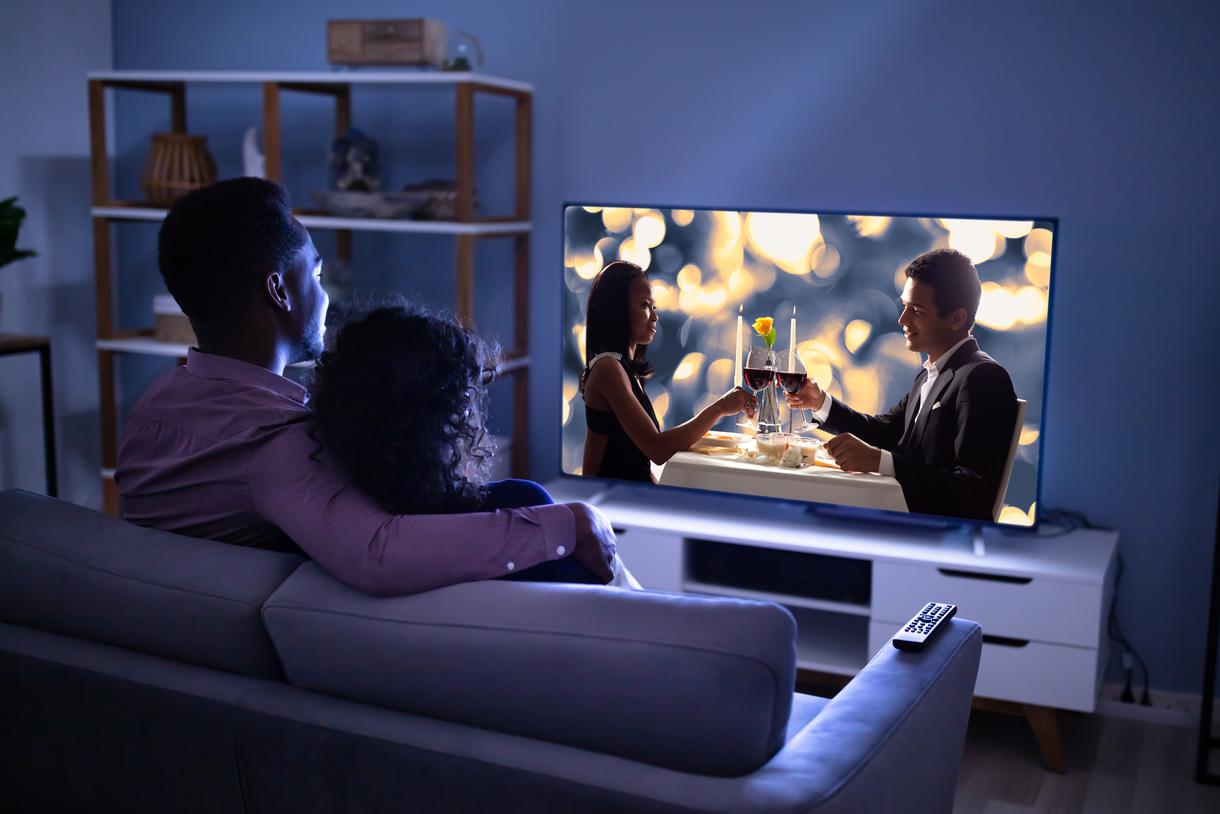
Back in the days of big heavy CRT TVs and hot cable boxes that could sometimes give you electric shocks, energy usage was a significant concern. Fortunately, these energy-consuming appliances have given way to ultra-efficient smart LED television flat screens. Although some cable boxes have not caught up with the times and are still notorious energy vampires, you can solve this by getting a television that already has a cable box integrated to access your favorite classic California shows easily.
That said, some televisions and computers can still use up energy while on standby, amounting to 2% of annual energy usage. For this reason, we recommend getting a smart extension cord that will keep these energy vampires in check. Smart extension cords only provide electricity when an energy-consuming appliance is on, eliminating standby energy draining.
It would be hard to imagine a world without electricity. Electrical appliances have become an everyday part of our routine, making life easier, faster, and more convenient. However, as with all good things, there is a cost. Electricity in the United States can be quite expensive, especially in the Golden State, where Californians spend about $211 monthly on electricity bills. For context, that’s approximately 89% above the United States national average.
Energy waste is also a big problem in California and the rest of America. One study concluded that most American households only use about 65% of the electricity they pay for. The rest is wasted by energy-consuming appliances, also known as energy vampires. As such, it’s all the more important for Californians to be aware of the list of appliances that use the most electricity so they can work to reduce electricity consumption. Energy-efficient appliances will make your home more environmentally friendly and can also reduce your power bill in a big way.


Never been before? We’ll be your trustee Little Tokyo guide with a day’s worth of fun things to do in Little Tokyo.

People go on Memorial Day weekend getaways as an indirect celebration of life. How do you plan on celebrating the long weekend?

From undulating mountains, to coastal expanses, to verdant forests, here are some of the top spots for backpacking in California.

Settled off the California coast, the Channel Islands offer endless adventures. Here are the best things to do and how to get there.

